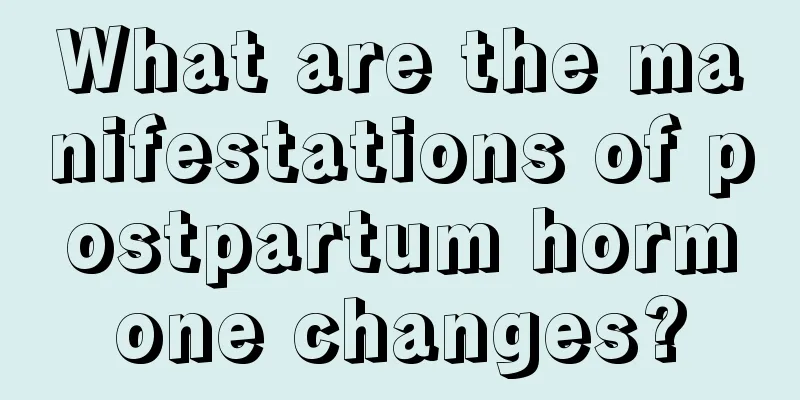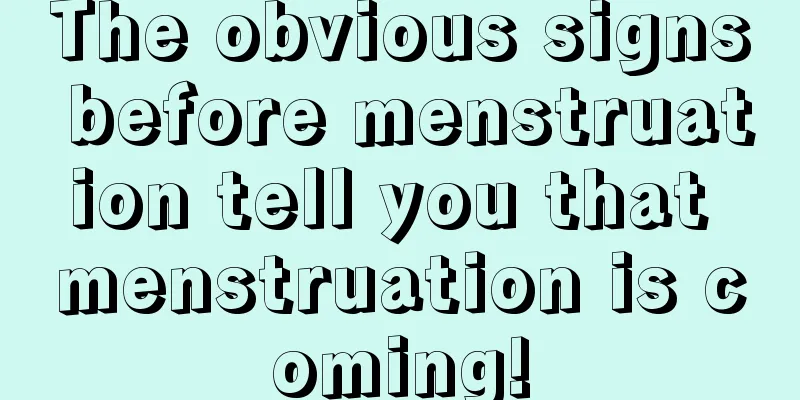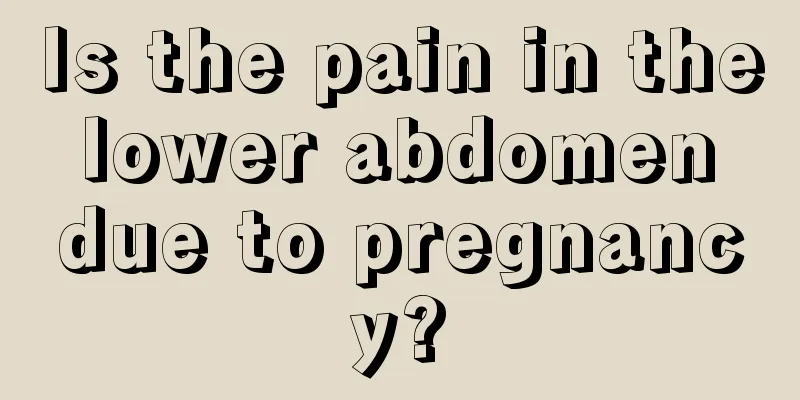What are the manifestations of postpartum hormone changes?

|
The hormones in women's bodies often change, such as during menstruation and after pregnancy. In addition, the hormones in women's bodies fluctuate greatly after giving birth, so postpartum women will experience many symptoms. For example, fluctuations in hormone levels can lead to changes in appetite. So what other manifestations are there of hormone changes in postpartum women? Postpartum hormone changes: After giving birth, the pregnant woman's entire body and mind undergo a major change. During pregnancy, there is enough estrogen to maintain the pregnancy, and the endocrine system will be relatively stable. After giving birth, the secretion of hormones that maintain pregnancy will suddenly decrease, while the secretion of hormones that promote breast milk will suddenly increase. This change that occurs in a short period of time will make it difficult for most mothers to cope and they are prone to postpartum psychological problems. So what are the specific manifestations of postpartum hormone changes? Below I will talk about the most common ones. One of the manifestations of postpartum hormonal changes is yellow spots on the face, worse skin, and changes in body shape. Many people think that their body shape changes after giving birth because their belly is enlarged and takes a long time to recover. In fact, the decline in estrogen after childbirth is the culprit for body shape changes. At the same time, brown spots, freckles and other spots will appear on the face. The mother's skin will become loose, the buttocks will become loose, hair loss will occur easily, and the body hair will become abundant. Because male hormones are suppressed by female hormones during pregnancy, the sudden increase in male hormones after delivery makes it difficult for the body to adapt. The second manifestation of postpartum hormonal changes is depressed mood and the occurrence of postpartum depression. After giving birth, I tend to lose my temper easily, am often in a bad mood, cannot control my anger at all, get irritable over trivial matters, and am dissatisfied with everything. The occurrence of these conditions is related to the decline in progesterone and estrogen after childbirth. From this, we can see that estrogen affects not only women's bodies, but also their mental state. Everyone should pay special attention to postpartum depression. The incidence of this mental illness is increasing year by year and needs to be taken seriously. The third manifestation of postpartum hormonal changes is postpartum sexual apathy. Many women are unwilling to have sex with their husbands for a long time after giving birth, and even resist having sex. This is because the lack of sex hormones after childbirth causes the vaginal wall of women to dry out, reducing women's sexual impulses and greatly reducing their sexual desire. Some women will also experience pain during sexual intercourse after childbirth, which will not improve until about half a year after childbirth. |
<<: What are the nursing measures for postpartum hemorrhage?
>>: Why does hair loss occur after childbirth?
Recommend
Woman eats an avocado every day
Sugar apple is a long, ring-shaped green fruit th...
Small blisters in private parts
Generally speaking, the female private parts are ...
There are many benefits of eating vinegar every day, but don't eat it like this! Choosing vinegar and eating vinegar, just read this article
This article was reviewed by Wang Wenxiang, profe...
How to find out the cause of menopausal weight loss
After entering menopause, some women will gain we...
Why do I sweat when I wake up?
Many people feel uncomfortable after waking up. I...
Does breast development hurt in girls?
Girls need to go through breast development durin...
How can women delay aging?
Although time is merciless and people's faces...
The consequences of menopause in your 30s
Menstruation is a weather chart of women's ph...
What are the causes of unexpected pregnancy?
The phenomenon of unexpected pregnancy can be sai...
Can pregnant women drink olive soup?
Olives are very nutritious, and there are many wa...
"I'm afraid my father will be gone!" The young man's decision brought tears to the eyes of many netizens...
recent Bai Junlong, a young man from Xichang, Sic...
What if I don't see the fetal heartbeat in 2 months of pregnancy?
Pregnancy is a very happy thing. Every mother hop...
What should you do if a man doesn't love you anymore?
Love is not one-sided, but a matter between two p...
These tips can help you detect whether you have chronic kidney disease as early as possible!
Unlike other organs in the human body, kidneys ar...
What should I do if I have a cough right after giving birth?
Mothers who have just given birth will have relat...









